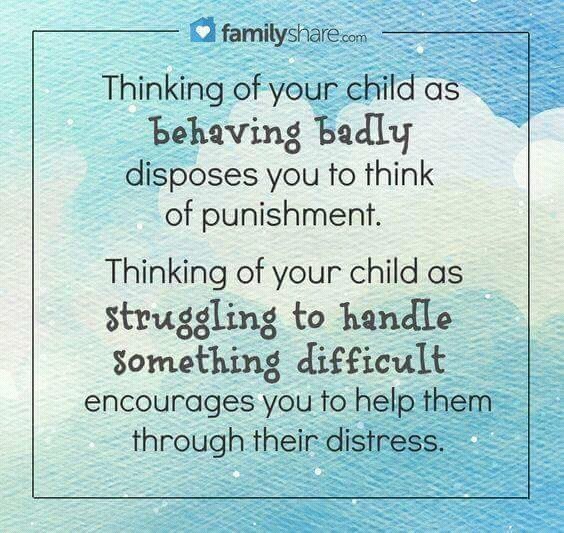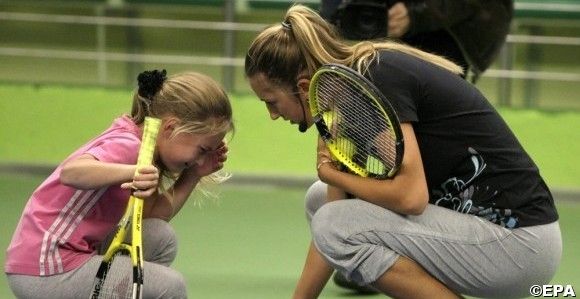Many coaches and parents would have us believe that the county closed tennis week, historically taking place in the final week of August, is the high point of the junior tennis year. The result is that many parents feel under pressure, that their children have to play. In the past I have arranged holidays and work so that they did not clash with these few days.
As a tennis parent, this week has brought some of my children’s biggest highs and also some of their worst lows in their junior tennis. I have also seen some of the worst behaviour from young people on finals day which I have observed on tennis courts and appeared to have been tacitly condoned by spectators.
If you are not from the host club, your child can feel like the world is against them, as seemingly the majority of spectators are players from the club or members. There is also a considerable pressure on players, that this small group of matches decides who is the ‘best’. However, in the long term, does this really matter? Afterall it is not who is number one at fourteen, it is who is still enjoying the health benefits of tennis at twenty-four or even sixty-four!
It is not who is number 1 at fourteen but who is still playing at twenty-four…
There are some children who thrive in this environment and are fully committed to the style of competition. They will learn important lessons for the next tournaments that they play in which will help them perform to their maximum. Some children will use the losses to help motivate them for the journey ahead. This will not be true of all children. For some it will be opposite and it can damage their long-term tennis enjoyment.
Many parents feel that their children have to play. Yet who does this come from? And are those people actually considering the interests of your individual child?
I made the decision that county closed week was not a healthy experience for my children and they were better away from that claustrophobia. Instead, it was the ideal week for a family holiday to make the most of the final days of being off school before the unrelenting Autumn term began. My children were pleased to be away from that spotlight. I have received some criticism for this, which at times did hurt but over time I tried to think of what had the biggest positive impact to my children rather than the expectations of others.
What had the biggest positive impact to my children?
If you have found this week an emotional experience and have wondered whether it was a positive experience for your child, then you can choose to do something different. Consider carefully about what is the best interests of your child, supports their progress and make your decision accordingly. You can make a decision each year according to how your child is feeling. After all what is more important, one pressurised week of competition or the whole tennis year in front of your child?
I am a tennis parent, educationalist and author. My guide for tennis parents, ‘Trophies, tears and line calls’ is now published . Please follow me on on twitter @tennisdaduk.
Trophies, tears and line calls: The guide for tennis parents





 When I talk to football referees and fellow school teachers whose children play football, one of their regular comments concerns the shouting that comes from other parents and coaches on the sidelines. At best it could be the over repetition of phrases straight from ‘Match of the Day’ which the children do not understand let alone know how to respond too. At worse it is the over aggressive nature of the shouts from parents which can be on the boundary of abuse. A few years ago Gary Linker said
When I talk to football referees and fellow school teachers whose children play football, one of their regular comments concerns the shouting that comes from other parents and coaches on the sidelines. At best it could be the over repetition of phrases straight from ‘Match of the Day’ which the children do not understand let alone know how to respond too. At worse it is the over aggressive nature of the shouts from parents which can be on the boundary of abuse. A few years ago Gary Linker said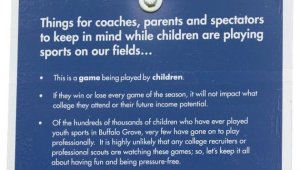 Though, overall I do think the peace is a good thing as the tennis is our children’s sport. In addition in a individual sport the battle can already appear gladiatorial and the last thing that needs adding to the emotions our children may be struggling with, is the views of parents. Admittedly at some point we will have seen an argument between parents when it has just got too much for them. Such parents are usually apologetically embarrassed the next day as they recognise their mistake.
Though, overall I do think the peace is a good thing as the tennis is our children’s sport. In addition in a individual sport the battle can already appear gladiatorial and the last thing that needs adding to the emotions our children may be struggling with, is the views of parents. Admittedly at some point we will have seen an argument between parents when it has just got too much for them. Such parents are usually apologetically embarrassed the next day as they recognise their mistake.


 I have previously written that children will follow our examples in many different ways. We are the people they spend the most time with and whether we like it or not, they will notice the little things that we do and without them even realising, they will display our traits. Now that is a truly scary thing!
I have previously written that children will follow our examples in many different ways. We are the people they spend the most time with and whether we like it or not, they will notice the little things that we do and without them even realising, they will display our traits. Now that is a truly scary thing!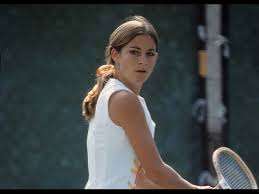
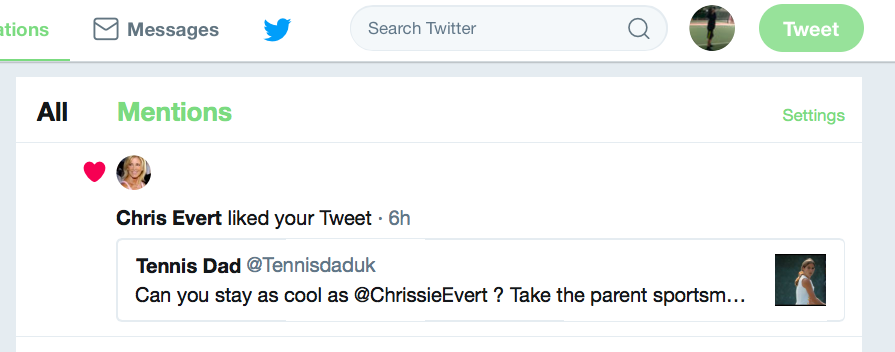

 (Thumbs up)
(Thumbs up)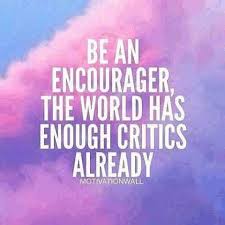

 For the vast majority of children in this country, the big change to secondary education is at the age of 11. (I recognise that some parts of the country have middle schools and also in the Independent sector this may be at 13 or 14).
For the vast majority of children in this country, the big change to secondary education is at the age of 11. (I recognise that some parts of the country have middle schools and also in the Independent sector this may be at 13 or 14). However just pause for a minute and think about the challenge your child is facing at their new school.
However just pause for a minute and think about the challenge your child is facing at their new school. At primary school they will have likely to have been in one class with one teacher. They now are moving classroom at least five times, walking across a school, carrying a heavy bag. They may have to get up earlier in the day and be on their feet walking to school or waiting at a bus stop. It is surprising how physically tiring this.
At primary school they will have likely to have been in one class with one teacher. They now are moving classroom at least five times, walking across a school, carrying a heavy bag. They may have to get up earlier in the day and be on their feet walking to school or waiting at a bus stop. It is surprising how physically tiring this.
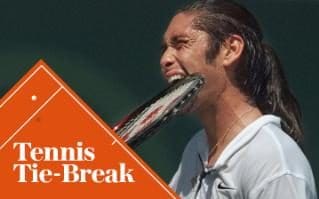
 For a parent there will be far more nail chewing or sitting on hands in those tie breaks than probably at any other situation in the games.
For a parent there will be far more nail chewing or sitting on hands in those tie breaks than probably at any other situation in the games.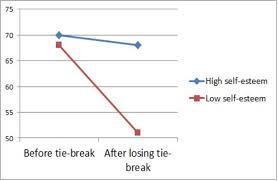 There is no doubt that losing tie breaks can really reduce a child’s self esteem and confidence at that point in time. Something which is clearly shown by the following graph.
There is no doubt that losing tie breaks can really reduce a child’s self esteem and confidence at that point in time. Something which is clearly shown by the following graph.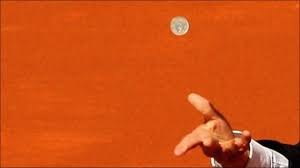 This led to me think, over this year of full ball, was it luck, and was she winning half and losing half of the tie breaks she played?
This led to me think, over this year of full ball, was it luck, and was she winning half and losing half of the tie breaks she played?







 Do you ever wonder what is it that makes some children and young people really want to practice a skill, whether its drawing or a certain tennis shot? What is it that some children will collect a basket balls and spend half an hour on their own practicing their serve?
Do you ever wonder what is it that makes some children and young people really want to practice a skill, whether its drawing or a certain tennis shot? What is it that some children will collect a basket balls and spend half an hour on their own practicing their serve? I felt it was their Mindset that made this difference. Carol Dweck said there were two mindsets, I would suggest on a continuum. At one end is the fixed mindset. These are the students who in their hearts believe that basic qualities are fixed traits, which cannot really be changed. Mathematical skill is something you are born with; it cannot be altered. These children believed that talent was key to a student’s success. One group told me about a student who scored 197 out of 200 in their Maths GCSE mock. “He must be well clever’ they said and began to discussion as to what it must be like to be that clever. In tennis terms this is the child who believes they are better than one player but another is better than them. If they lose to the first child they will be beside themselves. Before they go on court with the second they will have lost.
I felt it was their Mindset that made this difference. Carol Dweck said there were two mindsets, I would suggest on a continuum. At one end is the fixed mindset. These are the students who in their hearts believe that basic qualities are fixed traits, which cannot really be changed. Mathematical skill is something you are born with; it cannot be altered. These children believed that talent was key to a student’s success. One group told me about a student who scored 197 out of 200 in their Maths GCSE mock. “He must be well clever’ they said and began to discussion as to what it must be like to be that clever. In tennis terms this is the child who believes they are better than one player but another is better than them. If they lose to the first child they will be beside themselves. Before they go on court with the second they will have lost. At the other end of the mindset continuum is the growth mindset. This is the belief that all qualities can be improved. Effort and resilience are the keys to success. These are the students who are prepared to put in the high levels of work; these are the students who completed the practice papers. In tennis terms this is the child practising their serve.
At the other end of the mindset continuum is the growth mindset. This is the belief that all qualities can be improved. Effort and resilience are the keys to success. These are the students who are prepared to put in the high levels of work; these are the students who completed the practice papers. In tennis terms this is the child practising their serve.
